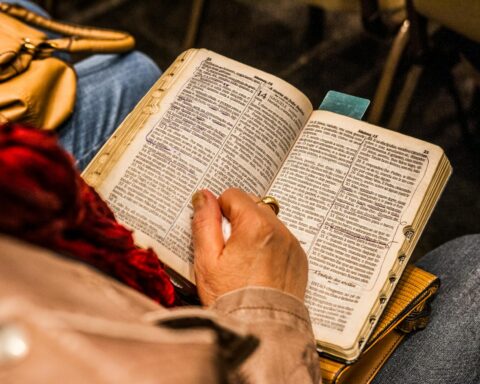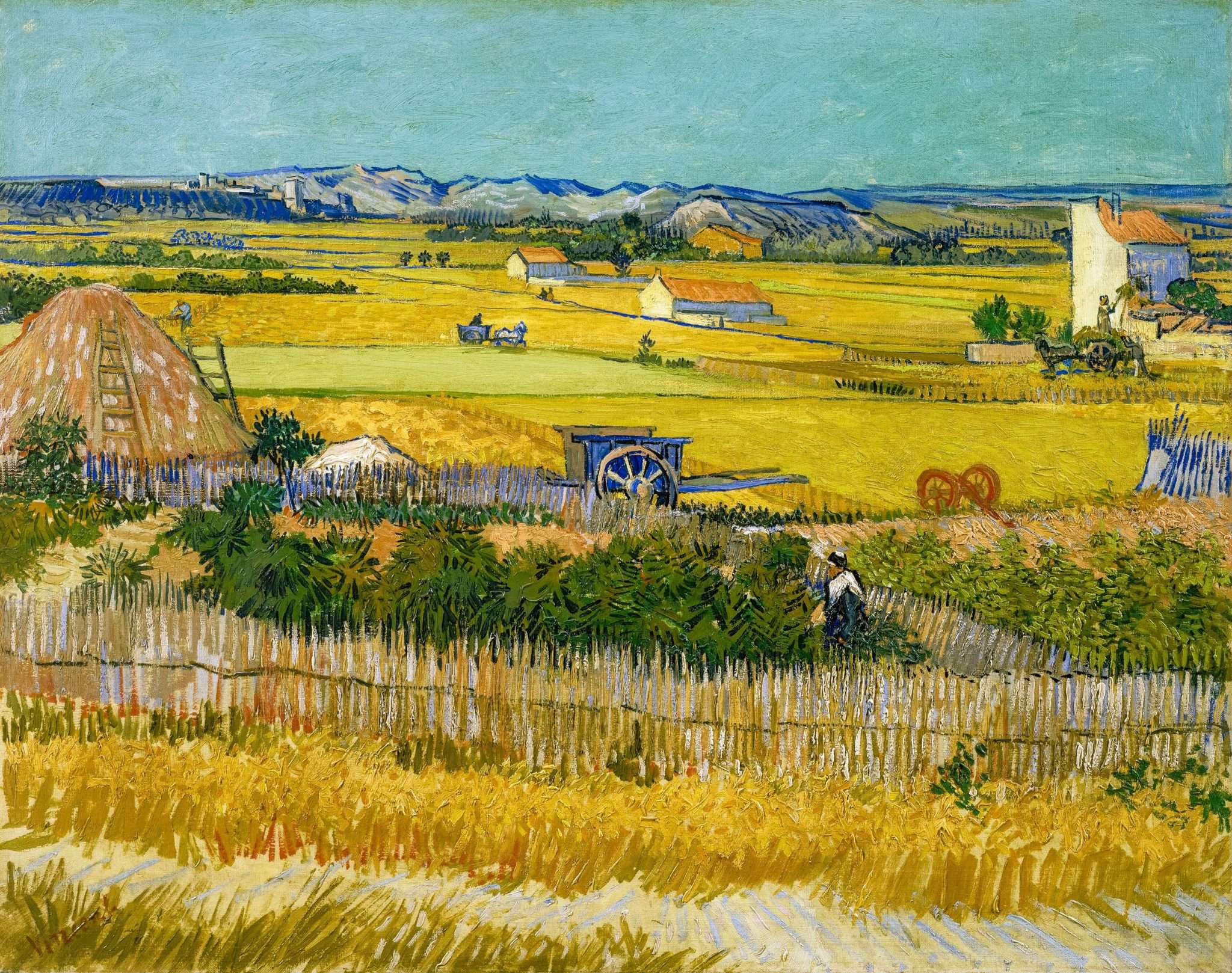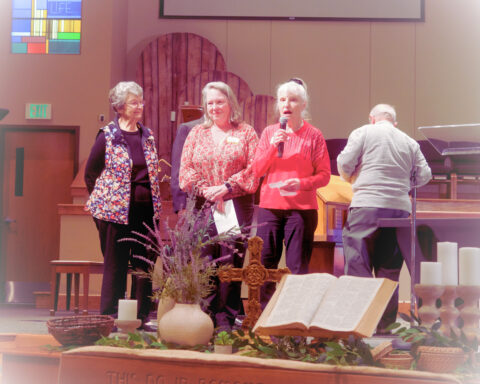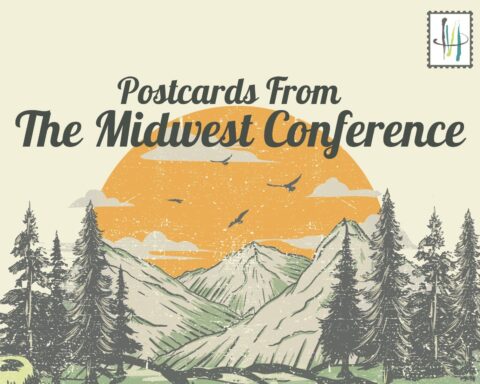In a world that often feels divided, the story of Ruth from the Bible offers profound insights into the nature of friendship, loyalty, and community. It teaches us how to transcend differences and forge connections that can withstand the test of time and circumstance. The narrative begins with tragedy but evolves into a powerful testament of choice and commitment.
The Context of Ruth’s Story
The story of Ruth opens with a somber backdrop. We meet Naomi, a widow who has lost her husband and two sons while living in Moab, a foreign land for her. The cultural context is crucial; Moabites and Israelites were not meant to mix, and the separation was rooted in longstanding traditions and beliefs. This separation mirrors the metaphor of a house’s foundation, as discussed by a minister who likened issues on ballots to intrinsic evils that cannot be negotiated.
Naomi’s journey back to Bethlehem symbolizes a return to her roots and hope for sustenance after hearing that food has returned to her homeland. However, her journey is not solitary; she is accompanied by her two Moabite daughters-in-law, Ruth and Orpah. Yet, the challenges they face are immense, and the cultural divide looms large.
The Choice of Ruth
As Naomi prepares to return home, she urges her daughters-in-law to stay behind. Logically, it seems like the best option. They would be Moabite widows in a foreign land, without prospects for remarriage. Orpah ultimately chooses to part ways with Naomi, but Ruth’s response is different. She clings to Naomi, a powerful act of loyalty and commitment.
Ruth’s declaration in Ruth 1:16-17 is a striking testament to her resolve: “Where you go, I will go, and where you stay, I will stay. Your people will be my people, and your God my God.” This statement transcends cultural and familial boundaries, illustrating a radical friendship that defies conventions and expectations.
The Significance of ‘Clinging’
The Hebrew word used for “clung” in this context is significant. It means to follow hard, to stick to, or to abide. This word first appears in Genesis 2:24, emphasizing the seriousness of the bond that exists between Ruth and Naomi. Ruth’s choice to stay is not just an emotional response; it is a deliberate, powerful decision to forge a new family bond that transcends her Moabite identity.
In a society that often encourages division and separation based on differences, Ruth models a different approach. Her decision to stay with Naomi illustrates a commitment to love that goes beyond circumstances and societal expectations. It reminds us that true friendship can bridge any divide.
Personal Reflections on Friendship
Reflecting on my own life, I remember a pivotal friendship from my childhood. When my family moved to a predominantly white town, I felt out of place and struggled to make friends. However, a boy named Marvin, who came from a different background, chose to reach out to me. Despite our differences, we formed a bond that helped me navigate a difficult transition.
Marvin’s friendship was a radical one. It defied the norms of our environment and reminded me that friendships can thrive despite cultural and ideological differences. This experience resonates with Ruth’s story; both illustrate the power of choosing connection over division.
Radical Friendships in Today’s Society
In contemporary society, loneliness and isolation are rampant. Many people find themselves retreating to their corners, only connecting with those who share their beliefs and backgrounds. However, this inclination to isolate ourselves can prevent us from experiencing the richness of diverse friendships.
Ruth’s story challenges us to pursue relationships that may not fit our preconceived notions of companionship. It urges us to step outside our comfort zones and engage with those who have different perspectives, beliefs, and experiences. These radical friendships can transform not only our lives but also the world around us.
Embracing the Challenge
As we navigate our own relationships, let us remember the lessons from Ruth. The challenge is to start small: perhaps by having coffee with someone who holds different views or reaching out to a family member with whom we’ve lost touch. These small steps can lead to meaningful connections that enrich our lives.
Ruth’s commitment to Naomi teaches us that true companionship is founded on loyalty and love. It reminds us that we are called to cling to one another, especially in a world that often tries to pull us apart.
The Foundation of Connection
Ultimately, the foundation of our lives should not be built on rigid ideologies or intrinsic evils, but on the relationships we cultivate. The bonds we form have the potential to create a house that stands strong against the storms of division and conflict. Ruth’s story illustrates that these connections can change not just our lives but also the trajectory of history itself.
As we reflect on Ruth’s journey, may we be inspired to seek out and nurture radical friendships that challenge the status quo and embody the love that God desires for us. In doing so, we may find the companionship we need to navigate this journey called life.
In conclusion, let us heed the call to embrace diversity in our friendships and to cherish the bonds that unite us, regardless of our differences. May we find joy and strength in the radical friendships that God places in our lives, just as Ruth found in Naomi.










